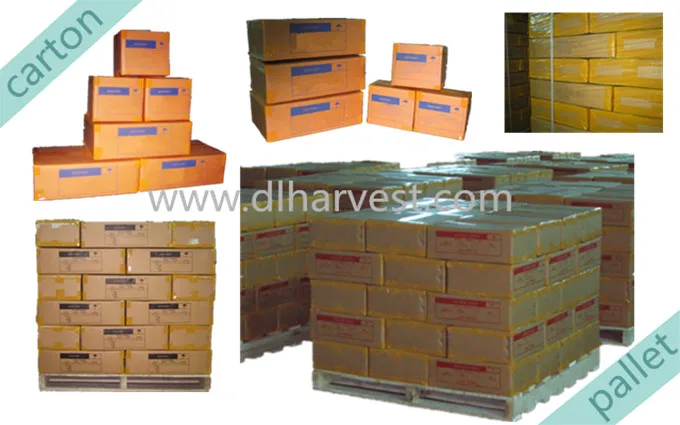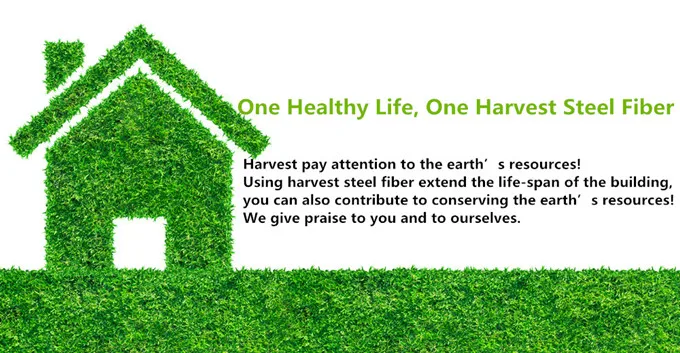W- 304 Hooked end Steel Fiber
group nameReinforcement Refractory Steel fiber
-
Min Order100 kilogram
brand nameHARVEST Refractory Manufacturer
modelW-304/30/.40HE
payment methodL/C, D/A, D/P
-
update timeSun, 03 Nov 2024 05:38:37 GMT
Paramtents
Length 30mm
Equivalent Diameter 0.4mm
Shape Hooked ends
Cross-sectional area shape Round
Tensile strength 1400Mpa min
Aspect ratio 75
Packging & Delivery
Min Order100 kilogram
Briefing
Detailed
Harvest’s “W-series” Steel Fibre Product Data Sheet
W-304/30/.40HE
Harvest’s “W-series” fibres are cold drawn wire fibres for refractories materials for the high temperature processing industries (Metallurgy, petrochemical, cement, glass, power station and other furnaces).
Chemical Analysis (%):
Alloy No. | Cr | Ni | C≤ | Si≤ | Mn≤ | P≤ | S≤ |
304 | 24-26.00 | 19-22.00 | 0.08 | 1.5 | 2.0 | 0.045 | 0.030 |
*Other materials :430/304/330/316…& low carbon steel can be manufactured specifically to suit customer’s requirements.
Service Temperature:
Melting Point | Recommended Maximum Service Temperature | ||||
304 | 1380-1455℃ | Cyclic Heating | 1000℃ | Continuous Service | 850℃ |
Dimensions:
Lengths are 6/10/15/25/30/50/60mm. Other lengths can be manufactured specifically to suit customer’s requirements.
Equivalent diameter 0.2/0.4/0.5/0.6/0.75/1.0mm. Other diameters can be manufactured specifically to suit customer’s requirements.
Packing:
- Fibres are packed in 1/5/10/20kg cartons then put on pallets. Other packaging can be supplied if requested.
Using method and using quantity:
- Usually use 0.2-2% ( volume ) of steel fiber in refractories or concrete materials, mixed evenly to maximize the use effect of steel fiber into full play. Mix method :1. Wet mix; 2. Dry mix.
- In order to prevent explosions & radiation for concrete buildings , it is recommended to use steel fibres number 40-60% (volume).
Health & Safety:
USING STEEL FIBRES UNDER NORMAL CONDITIONS DOES NOT PRESENT AN INHALATION, INGESTION OR CONTACT HEALTH HAZARD.
BECAUSE OF THEIR PHYSICAL NATURE, WE RECOMMEND THAT OPERATIVES HANDLING THE FIBRES SHOULD ALWAYS WEAR GLOVES.
TO AVOID DETERIORATION OF PACKING, THE FIBRES SHOULD BE STORED IN A DRY ENVIRONMENT.
You need a product
You May Like
- Nearest port for product export
- Dalian port, Xingang port, Bayuquan port, Yingkou port
- Delivery clauses under the trade mode
- FOB, CFR, CIF, EXW
- Acceptable payment methods
- T/T, L/C, D/P D/A



















